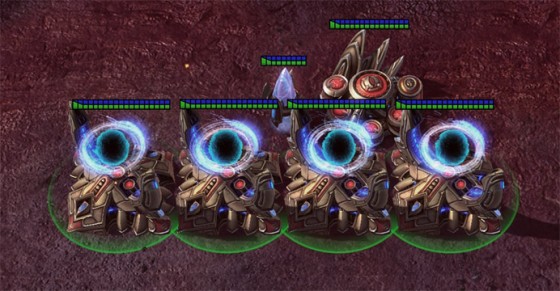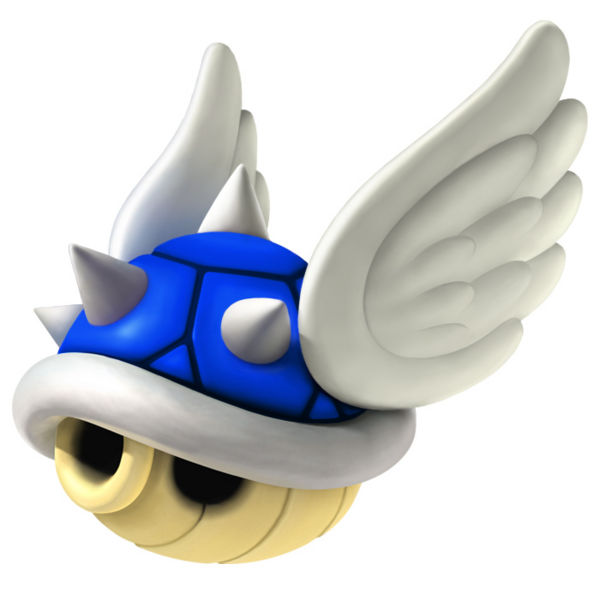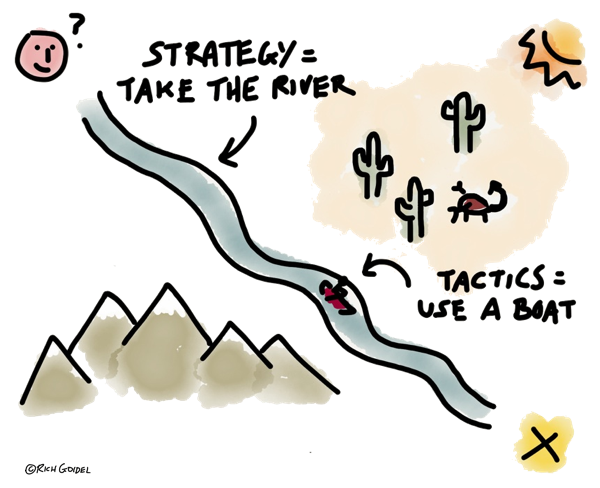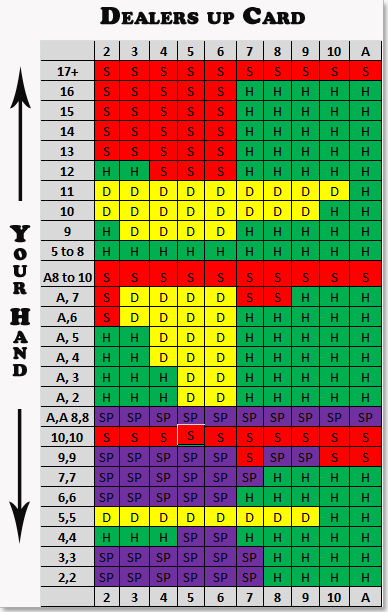I have a weird relationship with board games. I recently played a number of them over the holidays with friends and family, and I was reminded of how much fun I can have with them, when played casually and as an accompaniment to conversation, rather than a primary focus. That having been said, however, I don’t often play board games, and it took me jumping back into Starcraft 2 to really think about and understand why.
I jumped back into Starcraft 2 for the Legacy of the Void campaign, playing through the Zerg campaign in order to catch up with the story. I really enjoy the SC2 campaigns, because they do some interesting RPG things as you progress, and they showcase a lot of interesting mechanics that don’t come up in regular, standard matches. Having played through the campaigns, and feeling better about my Starcraft skills, I jumped into some multiplayer and vs-AI matches to try to extend the fun.
I played about ten or fifteen matches, total, before getting bored. I still know Protoss openings, and it didn’t take long for me to figure out how to adapt them to the new units in the expansion. What bored me was that every opening was the same, dominant strategies were already known and I either used them or lost, and there wasn’t really any room for creativity, because the first steps of each match were all very similar. If I were playing against players who weren’t as skilled as I was, I could feel free to experiment more, but because both the matchmaking and the AI tune themselves to keep up with my skill, I basically have to play at the top of my game all the time. I have to play competitively or I lose, generally badly enough to not have any idea if the strategy I was employing would have even worked, had I executed it more adeptly.
This brings me back to board games. I have a number of friends who are extremely competitive board gamers, and playing games with them tends to be an extremely one-sided affair. It’s either a game I know well, like Agricola, or City of Thieves, or Galaxy trucker, or it’s a game I don’t know at all, or have played maybe once or twice. If it’s a game I know well, I basically don’t get to experiment because I have to play at the top of my game and focus hugely on competitive strategies. If it’s a game I don’t know, I lose. Often, in a game like Through The Ages or Race for the Galaxy, I can lose HOURS before I realize I’ve lost.
As a result, I tend to only really enjoy cooperative games, because unequal skill or experience doesn’t make the game one-sided. There are precious few board games I’ve seen where the experienced player won’t simply dominate a new player; it takes a few games before a new player can even begin to hold their own, much less try something creative. Similarly few board games offer a “catch-up” mechanic for players who fall behind– there is a reason why Mariokart is so popular a party game.
On the other hand, I play minis games, where the experienced player tends to dominate the new player, where catch-up mechanics rarely exist, and where they’re purely competitive. It took me a bit to understand why I like competitive minis games, and why I don’t like competitive board games. It’s all in the opening moves. In a minis game, there’s a strategic layer that I take part in before the game even starts, where I pick my list and deploy it. The terrain, the starting player, etc are all akin to the randomization most board games have, but beyond that I have a level of creativity that applies before I even start playing, and that can be different, sometimes vastly so, from game to game.
It’s worth noting that I tend to check out of minis games that boil down to dominant strategies with same-y openings. I stick with Infinity because I can continually come up with different lists doing different things, and the variance in effectiveness between them is mostly determined by my skill, not the list itself. Conversely, I’d reached a point in Warmachine where I was playing lists that did virtually the same exact thing for the first turn of every game, which got boring quickly. Similarly, without the opportunity for strategy-layer customization prior to a game starting, I’m playing purely tactics in a board game, playing out the relatively similar first turns and reacting to the changing game state.
I should pause a moment to describe the differences, as I see them, between strategy and tactics. This could be a post by itself (and might well be, later), but essentially, strategy is the planning you do before you take actions, and tactics are the actions you take in response to what’s happening in front of you. Nearly every board game is a purely tactical game– you don’t get to make decisions prior to the game starting; indeed, randomization often specifically blocks you from doing this. A game like Galaxy Trucker is actually predicated on you being unable to strategize effectively– you have to build a ship with what you can grab, rather than meticulously planning it out.
Pure tactics, as it turns out, kind of bore me. I tend to feel like purely tactical board games can devolve quickly into simply taking the optimal action at every juncture, and while this is a fairly complex web in most cases, it’s still a very solvable one. While it may take a lot of memorization and understanding of game mechanics to know what the optimal actions are, once you know them they aren’t going to change. With the strategic layer added in, it’s often possible to change your situation to the point where optimal actions (and sometimes the junctures themselves) may change, and I find that a lot more compelling.
That having been said, I do find myself returning to board games that are played casually, or cooperatively. I particularly like games that defy being played more than casually– Codenames is a great example of a game like this, that’s technically a competitive team game but doesn’t have optimal strategies other than “be good at communication”. I don’t mind that there’s no strategic layer, because the competitive part of it is really just ornamental. Similarly, games like Shadowrun: Crossfire and Eldritch Horror aren’t heavily affected by one player being more experienced than the others (unlike, say, Battlestar Galactica, where one or two out-of-band players can dominate or destroy the experience).
On the whole, I’m somewhat reticent to jump into board games with friends I know are competitive. I have an automatic flinch reaction to the sentence “Hey, want to play [board game] with me? It’s one of my favorites!” because in a lot of cases I know that what is going to happen is I’m going to lose and, like in Starcraft, lose badly enough that I’ll have no idea if my strategy might have worked if executed well. Losing that badly– badly enough to learn next to nothing– doesn’t endear me to the game. Because I have no knobs to turn or levers to pull before the game starts, jumping back into that game just restarts the chain of optimal decision points, and maybe I’ll make the right ones this time.





